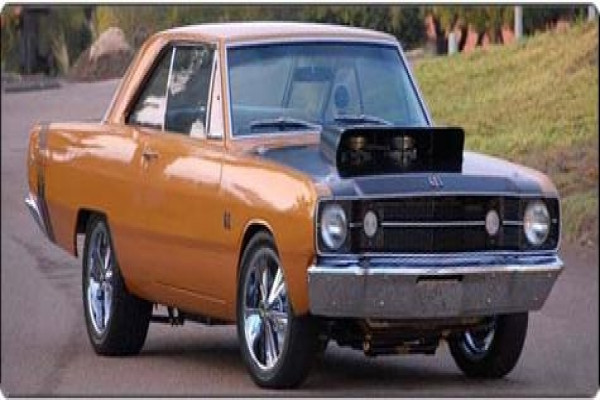
Things to know before you embark.
Blissfully ignorant, 40 million Americans are carrying a 1,200-pound elephant in the back seat of their vehicles masquerading as the loyal family pet. According to the American Pet Products Manufacturers Association (APPMA), an unsecured 60-pound dog during a 30-mph crash becomes a projectile that could hit a windshield, backseat or his owner with the force of 1,200 pounds. After years of safety campaigns, Americans buckle up their kids in the family vehicle, but most are unaware that the family pet is also at risk in a crash or panic stop.
How many times have drivers seen a small dog sitting on another driver's lap, looking out the window? Or spotted a cat traveling unrestrained on the rear shelf of a car? A sudden stop or an accident can turn that pet into a lethal projectile. The distraction of a pet roaming around the interior of a car or sitting in the driver's lap makes the controversy over cell-phone use while driving pale in comparison. A loose pet in a car can also escape and wind up in traffic when someone opens the door.
"There are many easy-to-use restraint devices, including harnesses and crates, which limit distractions and keep pets and others safe while traveling," said Funda Alp, spokesperson for APPMA, a not-for-profit trade group that educates the public about responsible pet care. Easy-to-use harnesses that attach to the vehicle's seatbelts are available beginning at under $20. Traveling crates that can be secured in the vehicle run from $60 to $200.
The 2000 Ford Focus offered a "Have Spot, Will Travel" package that included pet-safety harnesses that were bolted to the floor of the luggage area, but consumer response was so low that the feature was dropped. In a recent survey done by APPMA, less than 20 percent of dog owners own a halter or harness for their dogs, and the majority does not even own a kennel/cage or traveling crate. Cat owners are more restraint-minded with 57 percent owning and using a carrier when transporting their pet.
Vet Tips.
A small investment of time and money will remove Fido from the back seat and make him a safe traveling companion. The American Veterinary Medical Association offers these tips for motoring with pets:
- Accustom your safely restrained pet to riding in the car with a series of short trips before attempting a long trip. If your pet does not adapt to riding in the vehicle, consider leaving it with a relative or at a good kennel. A carsick, unhappy animal can make a trip miserable for everyone.
- Letting your pet ride with its head out the window is not a safe practice. Particles of dirt in the air can penetrate the eyes, ears, and nose, causing injury or infections. Excessive amounts of cold air taken into lungs can also cause illness.
- Plan to stop every two hours for exercise and to water your pet. Remember to include a leash in your travel kit—unleashed pets are barred from highway rest stops.
- When leaving your pet in a parked car, be sure to lock all doors, and open the windows enough to provide ventilation without allowing the animal to jump out or get its head caught. In warm, hot, or humid weather, don't leave your pet in a parked car!
- Before embarking on a long road trip, click on the petswelcome.com database to find out which hotels, motels, parks and campgrounds welcome pets. If you must leave an animal alone in the room, place the "Do Not Disturb" sign on the door and inform the maid or front desk that the animal is in the room alone.
- Be sure your pet is wearing a collar with complete identification and a license tag. Take rabies vaccination records if you plan to cross state or international borders. You will need a health certificate to cross Canadian or Mexican borders.
- Feed your pet the main meal of the day at the end of the day's travels. Take along a jug of cold water from home to avoid stomach upset on the road. Remember to stop every two hours to exercise for your pet.
The APPMA recently launched a national "Be Sure to Secure" campaign and can provide a collection of consumer tips for traveling with pets. The AAA also offers a book, "Traveling With Your Pet: The AAA Pet Book," which has tips on motoring with pets and also lists pet-friendly accommodations.









